Same World is a European project to raise awareness on environmental justice, dealing also with climate refugees. We talk to Gigi Guizzo from the Asceps association, and the person in charge of the project in Catalonia.
Which is the status of climate refugees?
Currently, only New Zealand recognises refugees due to environmental causes as asylum seekers. Other countries grant asylum due to war, political persecution, ethnic persecution, but not yet for environmental causes. And then we see situations like in Bangladesh, a country that is severely threatened by the effects of climate change: people migrating to Pakistan, and seeking asylum for political reasons, but in truth, the real reason is environmental.
Therefore, some NGOs, the academia and other working groups are making big efforts so that climate-related causes are added to the grounds for seeking a refugee status. There are situations of ongoing hunger relating to the worsening of the climatic situation; in Asia, lands are flooding with salt water, which means the soil is saline and can no longer be used to grow crops; in South America and Asia, droughts are lasting longer and lakes and whole communities are disappearing.
And how does this affect people?
All of this leads to many people being displaced: states should take care of their population and protect them from the effects of climate change. People have the right to have a place to live and the state should find them a new place to live in.
If lands become flooded, it is obvious that huge numbers of people will be displaced. If they move to a different country they have to claim refugee status, but right now these people use other reasons to claim asylum, and it doesn’t always work. In fact, being a refugee is never a good option...
What is the outlook?
UN forecasts say there will be a growth in displacement. On the one hand, there is more and more talk of climate change and the issue of refugees is on the agenda, but refugees and migrants are often mistakenly confused.
What is Same World?
Same World is a project the aim of which is to raise awareness about environmental justice, climate change and environmental migration. It has been funded by Europe AID and aims to foster connections between the North and the South. The project has 13 partners from 10 European states, NGOs and universities, in collaboration with associations from Kenya, Myanmar, Mozambique and Tanzania.
How is the project structured?
The project is centred around three axes focusing on learning about the effects of climate change on people from the notion that climate change will affect all sorts of countries.
One axe is to understand climate change. A second one focuses on understanding refugees, who are not mere statistics, and to study what it’s like to live in Europe; and the third axe is to study how these two element go hand in hand: almost always, the climatic situation impacts on the country’s situation and may lead people to decide to leave.
How was the project carried out?
The aim of the project has been to create educational and communications’ materials for secondary education and the public at large. In each of the countries, partners have worked with schools. We organized 60 workshops for secondary education students to work on these issues in a cross-cutting way through different course subjects.
We offer free materials to schools: the platform contains teaching materials. There is an on-line course for teachers to use the toolbox with videos, factsheets and links to work on environmental justice at school.
How do you explain environmental justice?
Our behaviours all have consequences on climate and on populations; environmental justice means that measures must be adopted: acknowledging our impact on our environment or on populations in other parts of the world and taking measures. Environmental justice means recognizing that we live in an organic world where everything is interconnected and is off balance in the humanitarian and environmental fields.
With the materials of Same World we provide tools and resources to work on the issue. We look at specific cases such as lands flooding, the pollution of rivers, nuclear energy, land grabbing by transnational corporations who then kick out the local population and the tools that these populations can use to denounce these situations.
What are the outcomes in the countries?
Policies in Europe are neither sufficient nor coordinated enough, with huge differences in countries: Germany has done a lot and Spain not enough...there are also very diverse situations in the countries in the south. We cannot neglect that some islands have even disappeared.
We find situations that are a paradox like when we demand that countries at war and facing natural disasters work to tackle climate change, while more stable countries, which are largely to blame, are not doing sufficient.

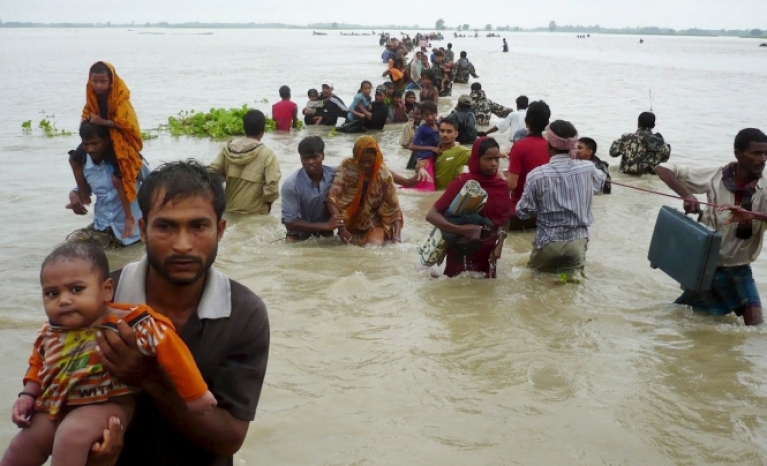
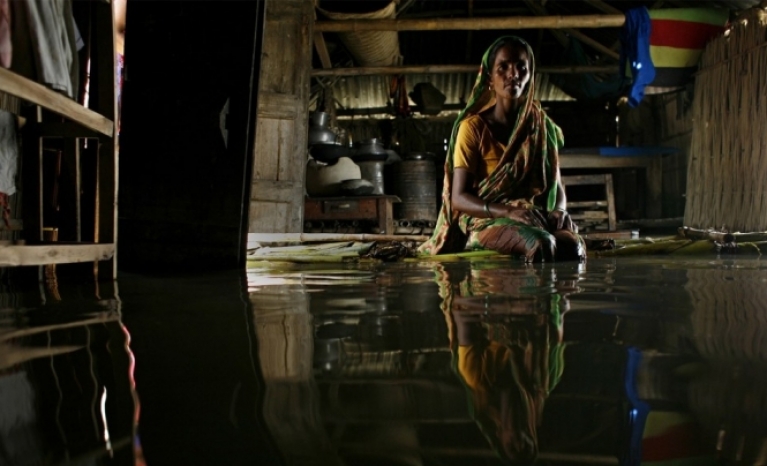
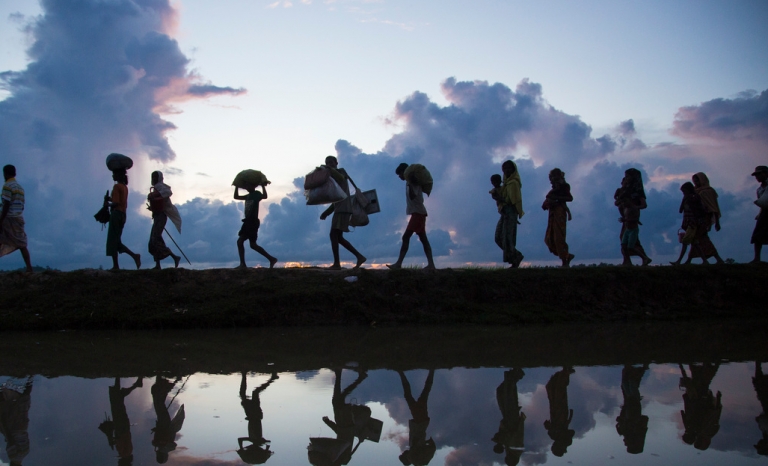
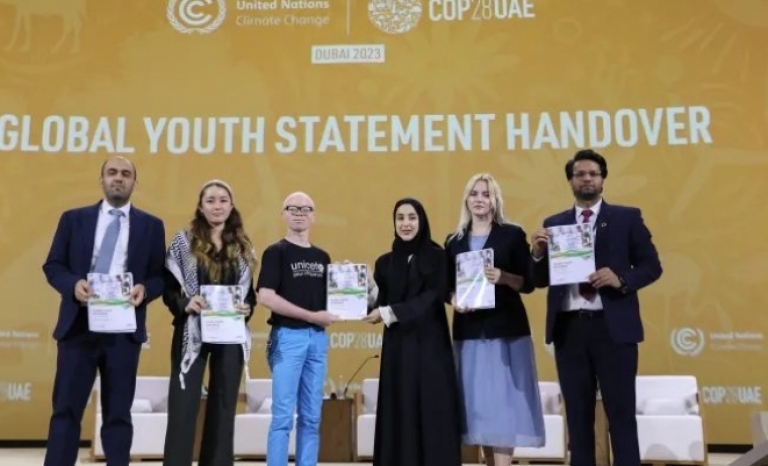
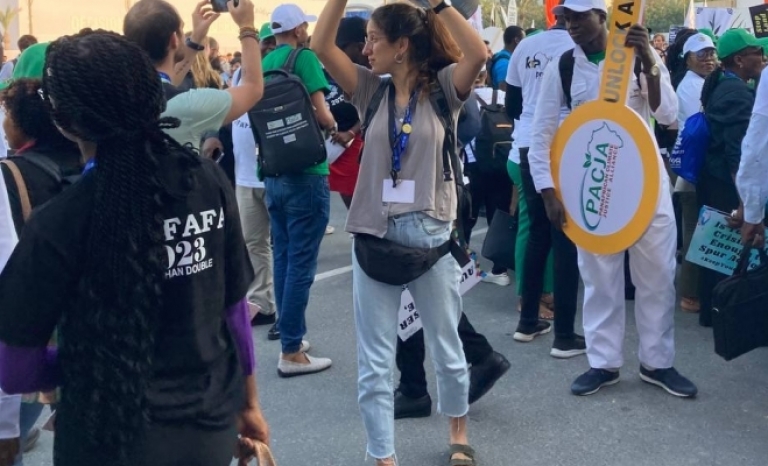
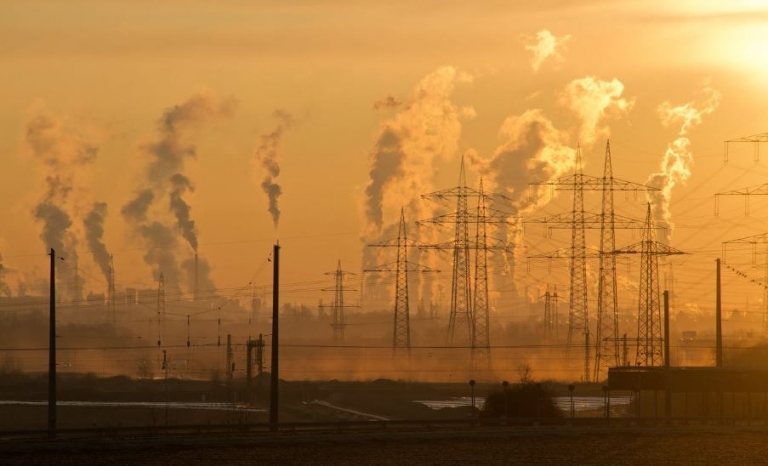



Add new comment